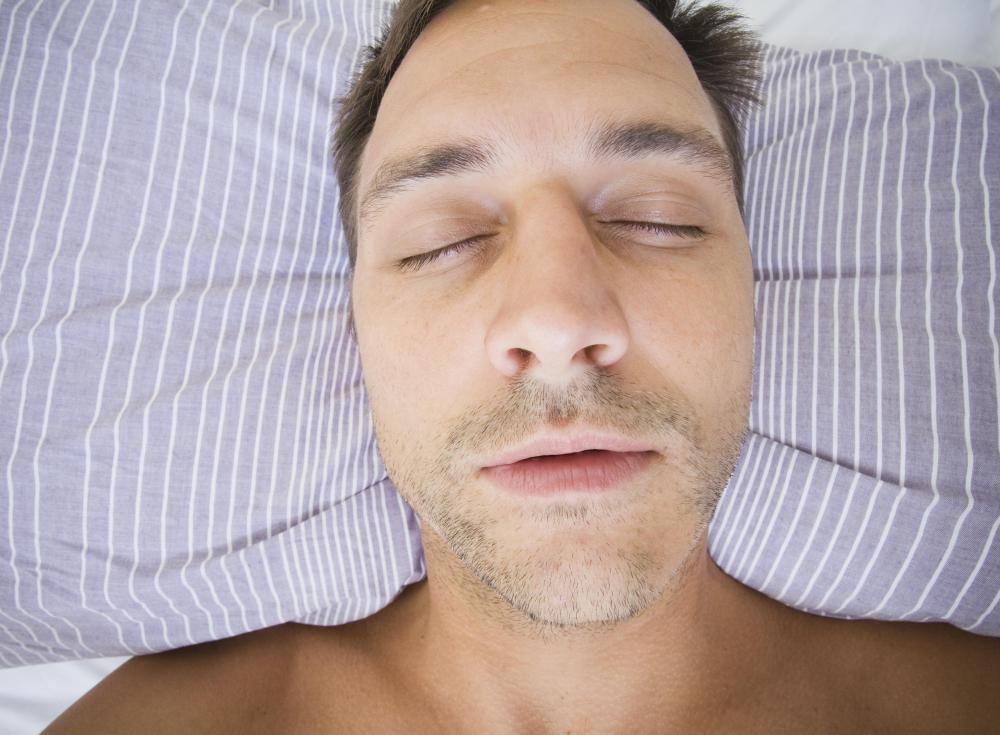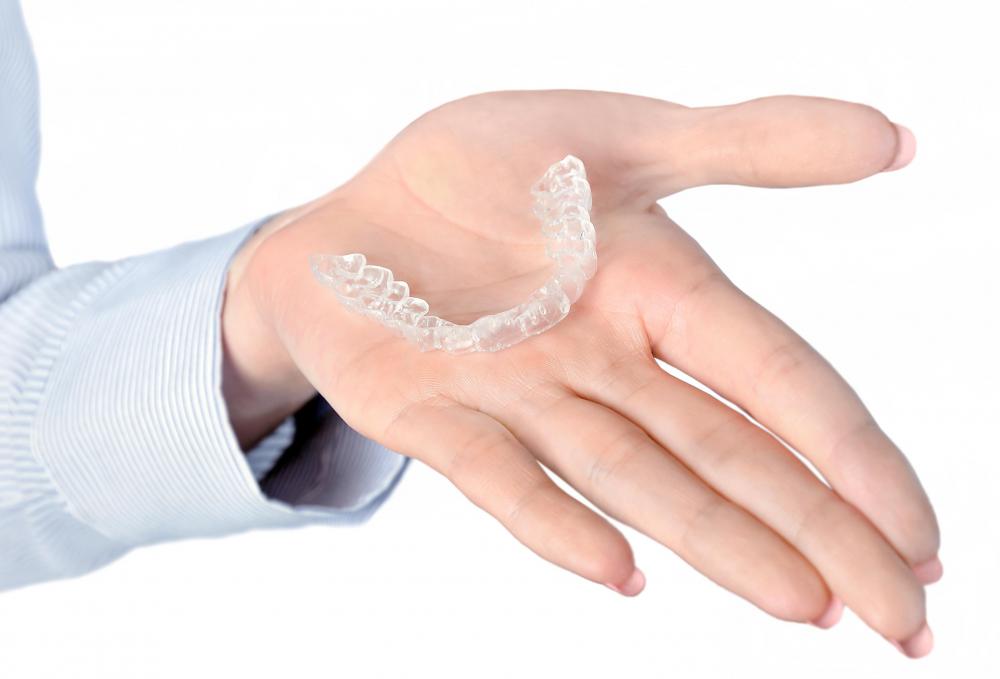At WiseGEEK, we're committed to delivering accurate, trustworthy information. Our expert-authored content is rigorously fact-checked and sourced from credible authorities. Discover how we uphold the highest standards in providing you with reliable knowledge.
What Is Dental Attrition?
Dental attrition is gradual accumulated wear and damage to teeth caused by contact with other teeth. A certain amount of dental attrition caused by the normal process of eating and chewing is natural due to mechanical forces opposing teeth place on each other in the course of normal use. The amount of mechanical stress opposing teeth place on each other during normal chewing is very small compared to the stress that can be inflicted by factors such as jaw-clenching, tooth-grinding, or other habitual movements that are not part of the teeth's normal function. More severe attrition sometimes occurs due to stresses placed on the teeth, and this can result in serious tooth damage.
Tooth decay is not equivalent to dental attrition; tooth decay refers to chemical damage to teeth caused by the waste products of bacteria or dental erosion, which is damage from other chemical sources, such as acidic food or drinks. It is also distinguished from dental abrasion, which refers to damage to teeth caused by friction with food or other objects placed in the mouth, such as a toothbrush. These sources of damage can occur together with dental attrition, resulting in greater damage.

The most common cause of dental attrition is bruxism, or grinding the teeth. Most people experience bruxism from time to time, such as when under stress, without serious damage. In some people, bruxism can be frequent and severe enough to eventually cause significant attrition. Problematic bruxism is a habitual behavior that the sufferer does not intentionally initiate and is usually not even aware of. In most sufferers, the majority of damage from tooth-grinding occurs while the sufferer is asleep, and bruxism during waking hours is set off by physiological or subconscious triggers.

Bruxism has a number of causes. In many cases it is psychological, arising during periods of stress or anxiety. It can also be caused by allergies or by some medical conditions, such as digestive disorders. Once the habit becomes ingrained, it can continue even after the original cause is no longer present.
Dental attrition initially wears away the hard outer material of the tooth, the enamel. If the attrition is severe enough, it will eventually wear through the enamel to expose the more vulnerable dentin below, which supports the tooth's structure. The weaker dentin succumbs more quickly to further damage, and if the tooth's interior is not protected by filling in the gap in the tooth's enamel, further attrition can quickly destroy the exposed interior structure of the tooth, resulting in tooth fracture or decay.
AS FEATURED ON:
AS FEATURED ON:















Discuss this Article
Post your comments